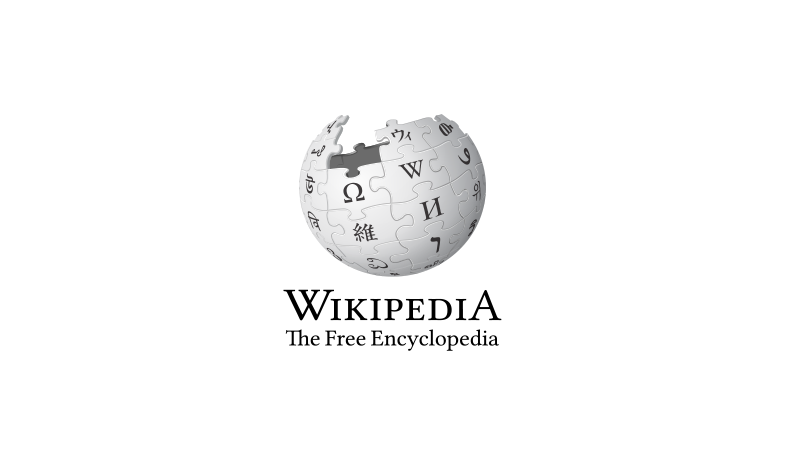WIKIPEDIA’S BIAS AGAINST MARRIAGE SUPPORTERS

Censorship of unfashionable views is becoming a big problem on the internet. Increasingly, companies such as Facebook, Twitter and Wikipedia are misusing concepts like discrimination and hate speech to censor people who disagree with the establishment line on issues such as same-sex marriage.
The latest example comes from Wikipedia, where the site’s volunteer editors have been banned from including messages on their profile page that express opposition to same-sex marriage.
Editors routinely include messages of support for political causes on their profile page. However, Wikipedia’s guidelines prohibit “inflammatory or divisive” content and state Wikipedia is not a place for propaganda or advocacy.
Editors and administrators successfully argued this ruled out expressions of support for traditional marriage, saying such messages were examples of ‘bigotry’ and ‘homophobia’ and created a “hostile environment” for gay editors. Efforts to say this ban should apply equally to pro-LGBT messages were dismissed. One of those supporting the ban was explicit that their aim was to drive away gay marriage opponents from being Wikipedia editors.
One volunteer administrator known as Ad Orientem, who identifies as a Christian and opposed the ban, resigned following the decision. He said: “Millions of my co-religionists were enslaved and murdered for harbouring insufficiently progressive beliefs,” understood to be a reference to the communist persecution of Christians.
Earlier this year, Wikipedia co-founder Larry Sanger declared the site’s neutrality policy “dead” because of the biases of many of the editors. Shortly afterwards, the site’s owners sought to impose a “Universal Code of Conduct” on editors that would mandate contentious liberal-progressive views, such as requiring the use of ‘preferred pronouns’.
The tragedy is that such initiatives, in their aim of being inclusive, fail to see or be concerned by the risk of creating a hostile environment for people of unfashionable opinions. The worry is that it will become very hostile indeed.
